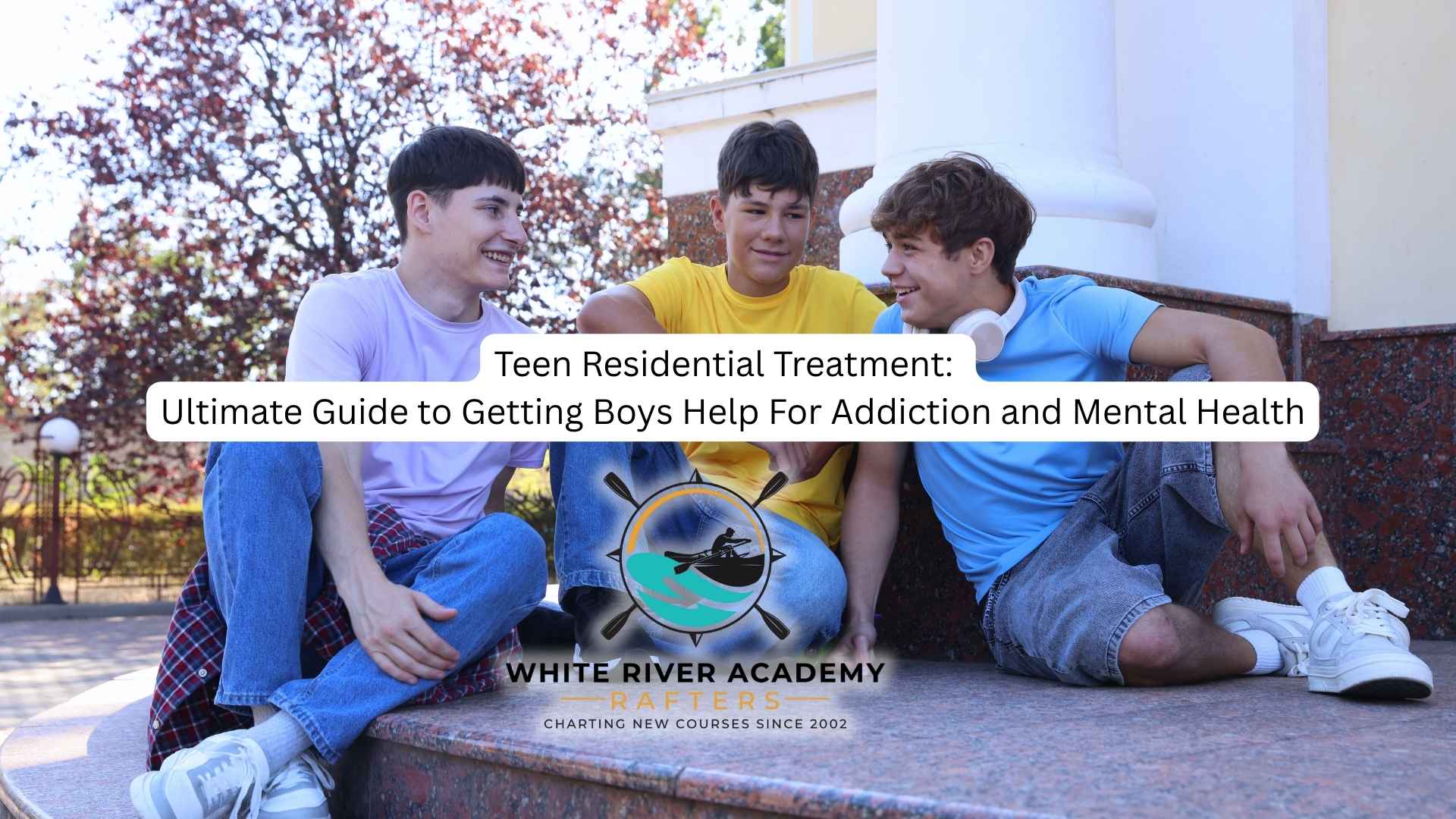Stress is a normal part of life, but for teens, it can feel overwhelming and difficult to manage. Academic pressure, social expectations, and changes in family dynamics all play a role in shaping how adolescents experience daily challenges. Unlike adults, they are still developing the skills to regulate emotions and cope with difficulties. Understanding these common factors helps parents, educators, and professionals recognize issues early and provide meaningful support.
This article examines the primary sources of stress among teenagers, their connection to risky behaviors, and their impact on overall well-being.
Academic Pressure and Performance Expectations
One of the leading challenges adolescents face is the pressure to perform well in school. Academic stress demands can come from difficult coursework, preparation for college, or the need to maintain high grades to meet personal or parental expectations.
The rise in competitive college admissions has only added to this burden, making some teens feel that their future depends entirely on their academic success. Long study hours, fear of failure, and balancing extracurricular activities contribute to this intense strain. Over time, these pressures can lead to burnout, sleep deprivation, and anxiety.
For many young people, this ongoing worry highlights the importance of early support and professional resources, including access to teen anxiety treatment, which can help them build healthier coping skills and reduce long-term stress.
Social Pressures and Peer Relationships
Teenagers place significant importance on fitting in and maintaining friendships, which can create both positive and negative stress. Peer pressure, bullying, and conflicts with friends can make social environments challenging. For some adolescents, the desire to be accepted can lead to risky behaviors, such as experimenting with substances or engaging in unsafe activities. Social media amplifies these pressures by creating constant comparisons to others, often leading to feelings of inadequacy, anxiety, or low self-esteem.
They may also feel pressure to curate a perfect online image, which adds another layer of pressure. For adolescents who struggle with identity, acceptance, or belonging, these expectations can become overwhelming. Supportive communication from parents can ease this burden, while a lack of it may leave them feeling even more pressured.
Family Dynamics and Responsibilities
Divorce, financial instability, or high parental expectations may create tension and emotional strain. In some households, they take on adult-like responsibilities, such as working part-time jobs or caring for younger siblings, which can interfere with school and social activities. While responsibility can build resilience, excessive obligations often leave little room for relaxation or personal growth.
Parenting behaviors, such as a lack of communication, unresolved conflicts, or unrealistic expectations within the family, can also make them feel unsupported or misunderstood. In some cases, when stress at home becomes too difficult to bear, teenagers may seek escape through drugs or alcohol. This unhealthy coping mechanism often provides temporary relief but increases the risk of long-term addiction.

Mental Health and Emotional Challenges
Underlying mental health conditions, such as anxiety and depression, are common contributors to difficulties in adolescence. Even without a formal diagnosis, many adolescents experience overwhelming emotions tied to hormonal changes, self-image, and uncertainty about the future. These challenges often show up physically through headaches, stomachaches, sleep problems, or changes in appetite.
Emotional challenges can also influence behavior, leading to withdrawal, irritability, or impulsive decisions. Without proper support, these struggles may escalate into unhealthy coping mechanisms such as isolation, aggression, or substance use. Teens who self-medicate with alcohol often find that stress temporarily decreases, but over time, this cycle can deepen into dependence or addiction.
Transitions and Uncertainty About the Future
Adolescence is full of transitions, from moving to a new school to preparing for life after graduation. These changes often bring uncertainty, which can leave them feeling lost or unprepared. Concerns about career choices, financial stability, and independence add additional pressure. Even positive transitions, such as starting a new activity or pursuing new opportunities, can feel overwhelming as teenagers adjust to unfamiliar expectations.
For many, the uncertainty surrounding the future creates fear of failure or fear of disappointing others. When combined with pressures from other areas of life, this uncertainty may lead to unhealthy coping patterns, making it important for adolescents to have access to guidance, support, and professional care when needed.
Final Thoughts from White River Academy
Teen stress is complex, often rooted in a combination of academics, social pressures, family expectations, and emotional challenges. Recognizing these causes is the first step in helping young people develop resilience and healthier coping strategies. Stress, if left unchecked, may increase the risk of experimenting with drugs or alcohol, making it crucial to address both the underlying causes and harmful coping patterns.
At White River Academy, we specialize in supporting adolescent boys who face overwhelming struggles related to stress and anxiety. As a therapeutic boarding school in Utah, we combine structured programs, professional care, and a supportive community to provide the guidance adolescents need to regain balance and thrive.




